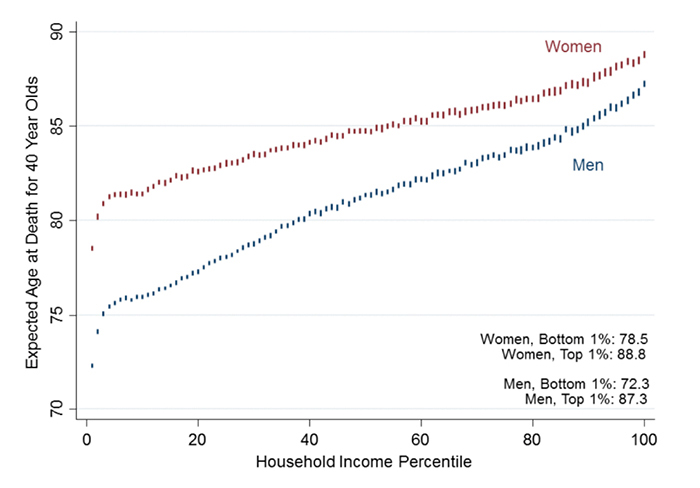It looks like you're new here. If you want to get involved, click one of these buttons!


From M* PRILX Fund Analyst Report:I don't care if an active fund tracks an index on the upside, but I do care if it tracks an index on the downside. The SPY lost like 38% in the GFC while PRBLX was down only 22. I'll take positioning & performance like that anyday.
As for useful actions, I can think of quite a few--save more, spend less being an obvious one. But there are others. Roth's story has a table I can't reproduce here for some reason of which asset classes did well in previous bear markets. It's worth thinking about which might do well in the next one. The I-bond thread already points to an interesting avenue for saving. Options funds if you can find the right one are interesting. Are Treasuries worth it, REITs, high quality value stocks with strong balance sheets? Gold bullion? Cash? Paying down your mortgage or refinancing it? Those are worthwhile discussions to have.In February 2020, before the pandemic had fully hit home, these [surveyed Vanguard] investors estimated the odds of such a bear market at an average of only 4%. By April, just after the S&P 500 had fallen by one third, their expectations that the market would plunge again in the coming year nearly doubled to 8%.
Those fears swiftly faded. By last December, investors in the Vanguard survey estimated the probability of another crash in the ensuing 12 months at only 5%. That was slightly lower than their average estimate during the three years before the pandemic.
It’s as if the speed of the recovery had erased the pain of the decline, or made a recurrence seem even more improbable. Just like that, a grizzly bear turned into what feels more like a teddy bear.
That complacency takes a toll—even among Vanguard investors, who tend to be cautious. These people often follow the philosophy of the firm’s late founder, Jack Bogle, who preached patience and repeatedly warned that stocks are risky. If anyone should come through the sharpest market decline in decades unperturbed, it’s the people in this survey—typically about 60 years old, with about $225,000 in Vanguard investments, roughly 70% in stocks.
Yet they didn’t all sit tight. One group in the survey stood out: those who went into early 2020 with the highest expectations for stock returns in the upcoming year. They ended up reducing their exposure to stocks much more sharply during the crash of February and March 2020 than those who had been expecting lower returns.
They also tended to turn around and buy back much of the stock they had just sold—but not until prices had already shot above the March lows.
Investors elsewhere seem to have concluded from the swiftness of the recovery that stocks aren’t risky at all. After last spring’s rebound, Dave Portnoy, a social-media celebrity, declared “Stocks only go up” so often that it began to seem like a magic incantation.
And, for the past year, just about every stock has gone up.
That’s largely because the Federal Reserve has backstopped markets by squashing interest rates toward zero and by buying more than $2.5 trillion in Treasury securities since February 2020, along with other massive interventions. Meanwhile, emergency government programs pumped trillions of dollars of stimulus into the economy.
© 2015 Mutual Fund Observer. All rights reserved.
© 2015 Mutual Fund Observer. All rights reserved. Powered by Vanilla